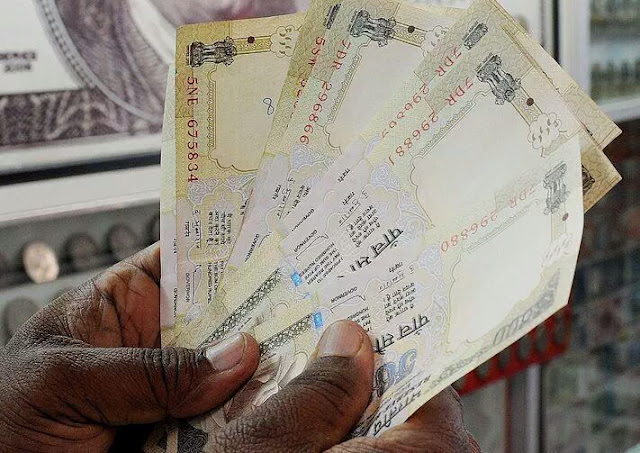Only a few days ago we came to know Rs.6000 crore forex fraud in which huge amount of Indian money has allegedly been remitted to foreign banks in the name of various fake companies and that through Bank of Baroda branch situated in Delhi. It is also informed that 32 banks were indirectly involved in such remittances .None of banks could detect it and if detected , none of them had courage to point it out or reveal the face to RBI and Government of India. this is India where telling truth is treated a crime and person who is indulged in crime gets appreciation, promotion and elevation from all . This is why fraud cases go unnoticed
.
Another fraud of bill discounting came to light in the same fortnight when fake bills or say accommodation bills have been discounted by one of branches of Bank of Baroda and it is now difficult to recover Rs.350 crore from the company which committed fraud with bank.
Latest news is that The Enforcement Directorate has unearthed one more forex scam. This time it involves a total of 7 banks including Oriental Bank of Commerce , Axis Bank , ICICI , IndusInd , Kotak Mahindra , DCB , Dhanalaxmi Bank. The ED has arrested one Manish Jain under the Prevention of Money Laundering Scam. Jain transferred more than Rs 500 crore through 70 fake bank accounts. Jain was also sending money in the garb of imports and exports. He used to send money to Hong Kong in HSBC Bank and further to China. The money was remitted out of India illegally against the imports which actually never took place.
Last year also fraud through remittances involving many bank amounting to Rs.150000 crore was unearthed. We are also aware of global forex scam involving Rs.36000 crore of rupees.
In last year we came across so many cases of bribe led lending, creation of term deposit by illegal withdrawal of huge fund fro government accounts, cases of submitting fake fixed deposit receipts, cases of lending based on fake title deed etc .
We all know that all buy and sell of real estate properties take place with the help of black money and we all know how huge amount of stamp duty is thus saved by buyer and seller of properties in addition to using ill earned money called as black money to convert into white money.
Inspite of all guidelines on KYC , thousands of fake accounts are opened daily, thousands of fake companies are registered daily with Registrar of Companies and hundreds of ways are used to save taxes with the help of Chartered Accountants and tax officials. Without the help of bankers, government officials and CAs , creation of fake companies, opening of fake accounts and remittances to fake companies abroad or evasion of taxes is not possible.
We also remember how Harshad Mehta during eighties cheated banks , almost all big banks by submitting fake receipts of hundreds of crores of rupees. We also remember stock scam committed by Ketan Parekh.
We also remember LIC housing loan scam unearthed in nineties. We know how management of bank use window dressing to inflate deposits and advances and how they book artificial recovery to get appreciation from Ministry of Finance . It is also an open secret that banking channels have been used for decades to remit black money to foreign countries.
We have seen how weakness of many public sector banks due to load of bad loans have gone beyond the control of RBI and GOI. We also know how the tool of restructure and ever greening have been used largely by banks to conceal their bad loans. We also know how lacs of crore of rupees have been sacrificed by banks in write off of loans and write off of fraud oriented losses. If all losses are added together, the total volume will perhaps exceed total of all other frauds occurred in free India.
All politicians know it and almost all of them use this illegal money to enhance their political fate. Government of India always come out with a guideline after an exposure of each scam , RBI threaten to take punitive action against erring officials , committees are set up to look into the matter and so on.
But on real ground level, no improvement has ever taken place. The culture of fraud , culture of submission of false certification of good health and compliance of laws, culture of flattery , culture of bribery and culture of protecting evil persons and awarding good workers has become the lifeline and accepted norms of the system.
God knows when and how there will be change in culture and real improvement in health of banks. I know that if there is a will there is a way. Until there is a strong desire in the minds of rulers it is not possible to visualise any drastic change in the system in short run.
